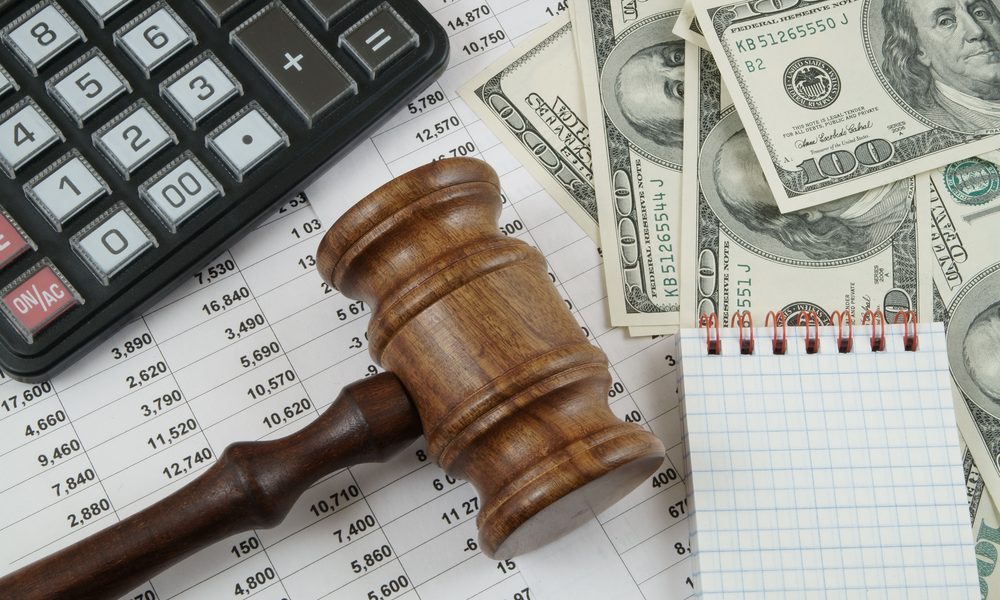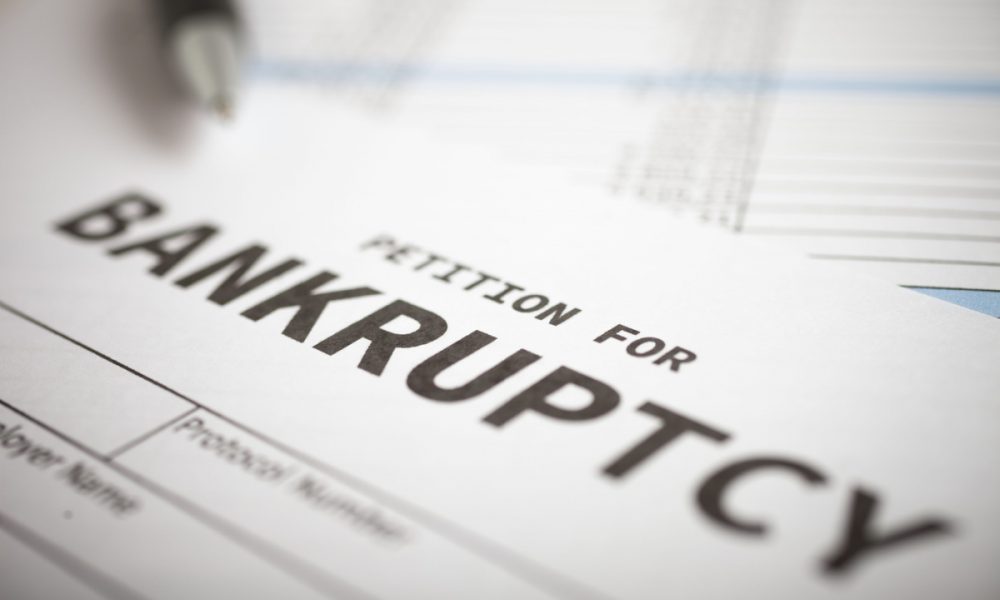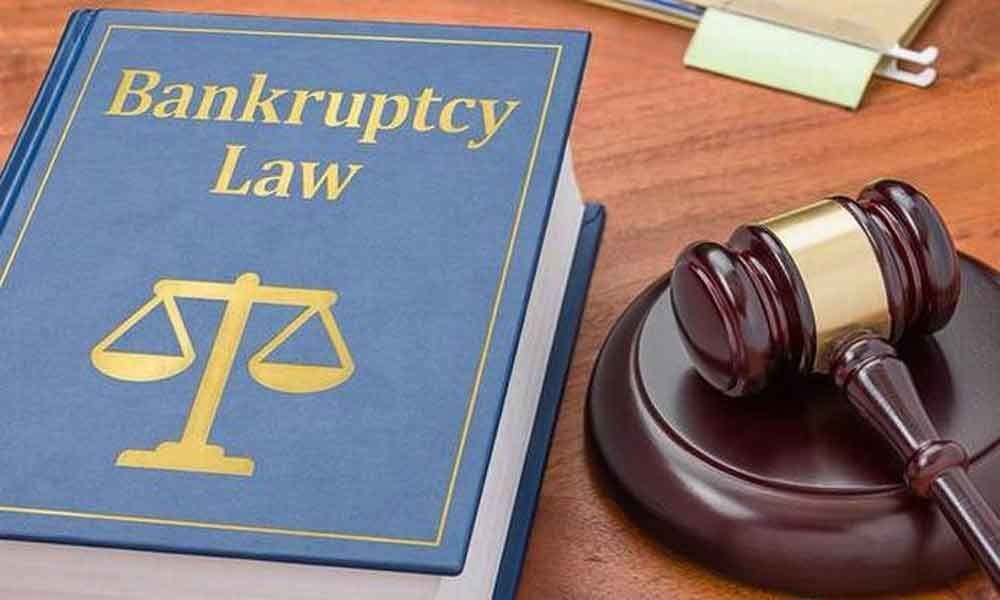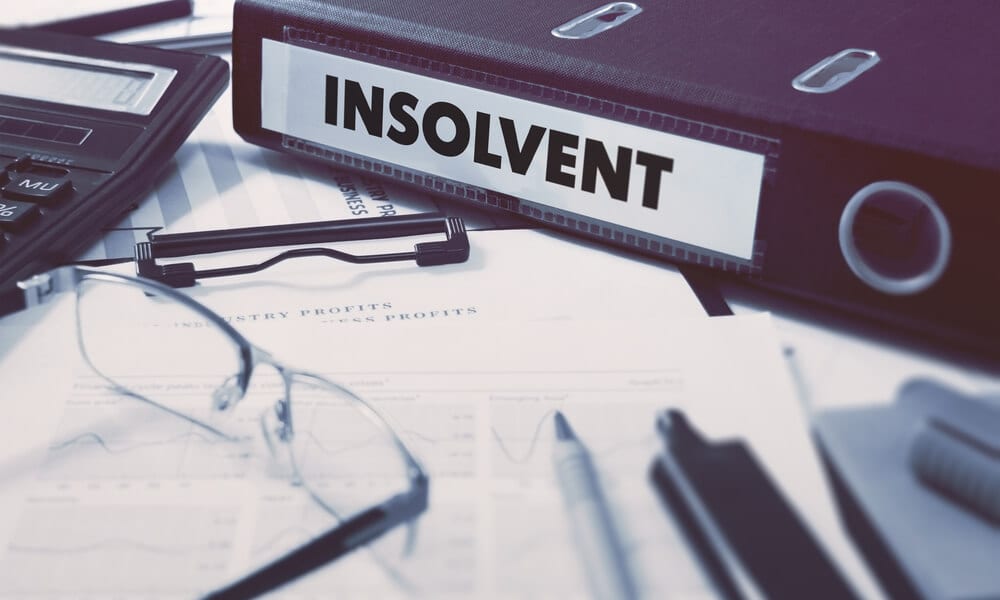Bankruptcy is a difficult and overwhelming process that can have long-lasting effects on your finances. One of the most significant impacts of bankruptcy is on your retirement savings and social security benefits. Here’s what you need to know about how bankruptcy affects your retirement savings and social security.
Bankruptcy and Retirement Savings

When you file for bankruptcy, your retirement savings may be at risk. This is because most retirement accounts, such as 401(k)s and IRAs, are protected in bankruptcy proceedings. However, there are limits to how much of these accounts are protected.
If you have a significant amount of retirement savings, it’s important to speak with a bankruptcy attorney to understand your options. In some cases, it may be possible to exempt a portion of your savings from bankruptcy.
Additionally, if you have debts that are not dischargeable in bankruptcy, such as tax debts or student loans, you may need to use your retirement savings to pay off these debts. This can significantly impact your retirement plans and delay your ability to retire.
Bankruptcy and Social Security
Your social security benefits are generally protected in bankruptcy proceedings. This means that you will still receive your social security benefits even if you file for bankruptcy.
However, there are some exceptions to this rule. For example, if you owe child support or alimony, your social security benefits may be garnished to pay off these debts. Additionally, if you receive social security disability benefits, these may be subject to review during bankruptcy proceedings to determine if they should be included in your bankruptcy estate.
Strategies for Protecting Your Retirement Savings and Social Security
If you’re considering bankruptcy and want to protect your retirement savings and social security benefits, there are a few strategies you can use:
- Maximize your retirement contributions before filing for bankruptcy to ensure that your savings are protected as much as possible.
- Speak with a bankruptcy attorney to determine if any of your retirement savings can be exempted from bankruptcy.
- Consider a debt management plan or debt settlement instead of bankruptcy to avoid dipping into your retirement savings.
- Consult with a financial planner to create a retirement plan that takes into account the impact of bankruptcy on your savings.
Bankruptcy can have a significant impact on your retirement savings and social security benefits. It’s important to understand your options and take steps to protect your finances before filing for bankruptcy. By speaking with a bankruptcy attorney and financial planner, you can develop a plan that minimizes the impact of bankruptcy on your retirement plans.




